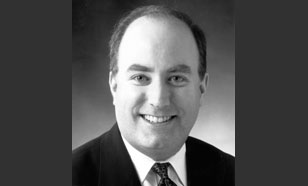The U.S. Supreme Court can reliably be depended on to decide some of the most weighty legal issues of our time, such as the future of Obamacare and same-sex marriage in two cases to be decided this term. But, in an unexpected development, the court is also now poised to address an important if unusual issue concerning an attorney’s ethical responsibilities to his client and the court in appellate litigation.
In December 2014, the nation’s highest court issued an order requiring attorney Howard N. Shipley of the law firm of Foley & Lardner to show cause “why he should not be sanctioned for his conduct as a member of the bar of this court in connection with the petition for a writ of certiorari in No. 14-424, Sigram Schindler Beteiligungsgesellschaft MBH v. Lee.” And only last month, Shipley—represented by leading U.S. Supreme Court practitioner and former Solicitor General Paul D. Clement—filed a response to that order to show cause.
This content has been archived. It is available through our partners, LexisNexis® and Bloomberg Law.
To view this content, please continue to their sites.
Not a Lexis Subscriber?
Subscribe Now
Not a Bloomberg Law Subscriber?
Subscribe Now
LexisNexis® and Bloomberg Law are third party online distributors of the broad collection of current and archived versions of ALM's legal news publications. LexisNexis® and Bloomberg Law customers are able to access and use ALM's content, including content from the National Law Journal, The American Lawyer, Legaltech News, The New York Law Journal, and Corporate Counsel, as well as other sources of legal information.
For questions call 1-877-256-2472 or contact us at [email protected]



